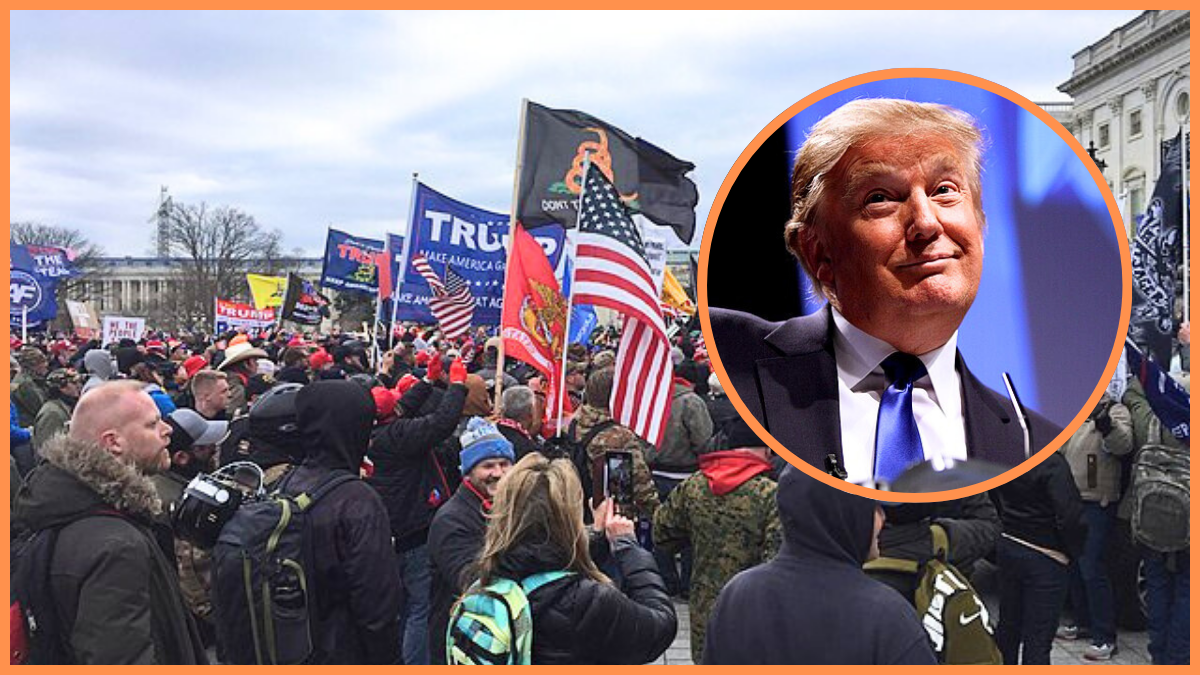It’s back to the drawing board for Federal prosecutors seeking to try former President Donald Trump on 2020 election subversion charges when, among other examples, he allegedly helped instigate the Jan. 6 attack at the capitol.
In a 6-3 decision, the SCOTUS announced on July 1, 2024, that current and former presidents are immune from prosecution for “official” White House acts. Presidents, however, are not completely immune from prosecution for any action arguably outside the purview of a president, or an action well beyond their official capacity. Presidents are never immune from prosecution as private citizens. It’s up to lower courts to decide which is which, the ruling said.
Chief Justice John Roberts wrote the decision applied, “equally to all occupants of the Oval Office, regardless of politics, policy, or party,” and that the ruling would prevent any president from being under constant “criminal scrutiny.” Meanwhile, Justice Sandra Sotomayor, an Obama appointee, wrote, “With fear for our democracy, I dissent.” All three liberal Justices dissented from the ruling.
Does Donald Trump have immunity for Jan. 6?
The criminal cases against Trump, including his election interference indictments, now face a daunting task: to prove whether Trump’s alleged criminal actions were not “official” or “core” acts as president, protected by the Constitution. As for the Jan 6, case, a Federal Court had already stated that Trump was not immune from prosecution, and further hearings and legal filings are now required to show Trump’s election indictment relates to actions beyond his official duties.
Should the Federal Court prove that some or all of the actions Trump took to interfere with the 2020 election — including the Jan. 6 insurrection — were not within his power as president, there will likely still be further appeals, delaying the case until after the 2024 election, when Trump could retake the White House. As such, Trump called the decision a “BIG WIN FOR OUR CONSTITUTION AND DEMOCRACY,” and said, “PROUD TO BE AN AMERICAN!”
President Biden responded to the ruling
After the SCOTUS decision was announced, a Biden White House spokesman said, “As President Biden has said, nobody is above the law. That is a core American principle and how our system of justice works. We need leaders like President Biden who respect the justice system and don’t tear it down.”
Meanwhile, Democratic Representative Jim Clyburn of South Carolina added, “I understand that the court is sending us back to some determination to be made as to what is or is not private action, as opposed to public action. But I think it is pretty clear to see what is not public in this particular instance. And so I’m all for us moving forward on all fronts taking the Supreme Court decision into account.”
Also responding to the SCOTUS decision, Former January 6 Committee chairman Bennie Thompson called the court, “lawless and corrupt … By granting a twice-impeached felon absolute immunity for many of his acts that sought to undermine the legitimate results of the 2020 Presidential election, such as weaponizing the Department of Justice to do his campaign’s bidding, these extreme Justices clearly put the ex-President above the law,” Thompson said.

